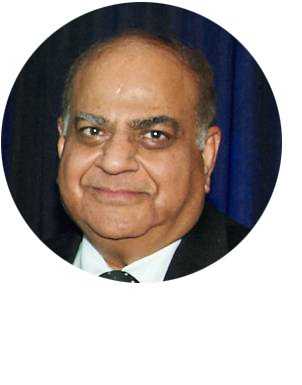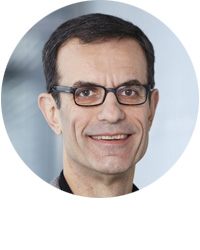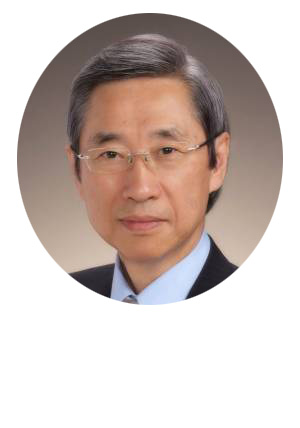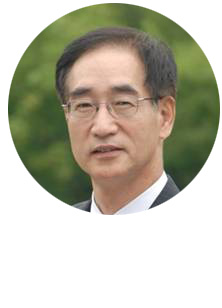
|
Jaluria:
Your point is good, certainly an excellent one, that you can bring people from business or maybe law or maybe entrepreneurship and so on together. What we have found, and this is just an experience from our university and I think itís true with many other at least American universities to focus a lot on the Capstone Design Course. In the Capstone Design Course, because you have these projects and you have people working over a year, you bring in essentially everything that was mentioned a minute back and whatever you are mentioning, you bring them in. And people can pick and choose what exactly they want to study. So as a Capstone, you will talk about entrepreneurship, you will talk about ethics, you will talk about patents, you will talk about many many other things, and itís almost like the first window into the industry. And it turns out that in many of these cases they already have the physical back ground, they already have the mathematical back ground, and so on and they also take an economics course because all engineers normally would take economics courses, so they can put it all together and as a subset of the whole thing they are able to teach. We have found the Capstone Design Course ends up being a very nice for training students before they go into industry.
|





